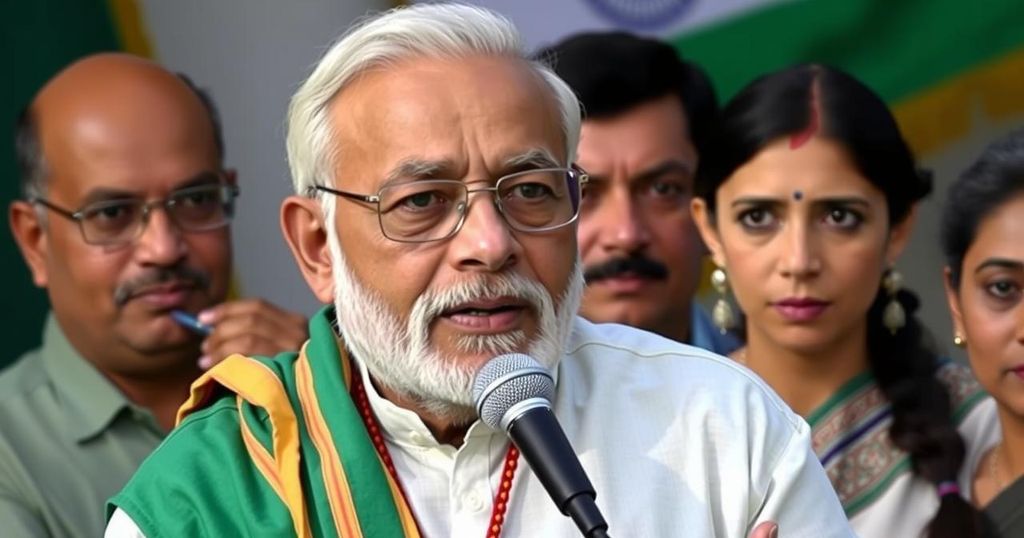Relations between India and Bangladesh have soured after the recent political upheaval in Bangladesh. The interim government under Muhammad Yunus is accused of espousing an anti-India agenda, utilizing significant remittances from abroad. These dynamics are compounded by rising cross-border disturbances driven by terrorist groups. The overall situation necessitates urgent diplomatic attention to restore stability and cooperation.
In recent months, relations between India and Bangladesh have significantly deteriorated following the overthrow of the Bangladeshi government led by Sheikh Hasina. The interim administration under Mohammad Yunus has been implicated in increasing cross-border tensions, exacerbated by the activities of Pakistan-based terrorist organizations exploiting the Bangladesh-India border for disruptive actions in India. Alarmingly, reports indicate that financial resources are being funneled into Bangladesh from its expatriate community, purportedly to promote an anti-India narrative, diverging from typical support sources such as Pakistan or China.
Bangladesh’s economic landscape has experienced a robust influx of foreign remittances, with notable reports from the Daily Observer indicating that during the first three weeks of December alone, remittances reached $2 billion. Daily figures reveal that approximately $95.2 million is funneled into Bangladesh every day, with total remittances amounting to $11.37 billion from July to November of the 2024-25 fiscal year. The dominance of government banks in these transactions, alongside substantial contributions from private institutions and foreign banks, underscores the heightened economic activity.
Muhammad Yunus, the interim prime minister, represented Bangladesh at the D-8 summit in Egypt, at which he transferred chairmanship responsibilities of the D-8 Organization for Economic Cooperation to Egypt. Created in 1997, this organization includes prominent Muslim developing nations, illustrating the diplomatic engagements of the interim government amidst the rising tensions with India. Such developments demand urgent attention from both diplomatic and security viewpoints to mitigate the escalating discord.
Concerns arising from the financial inflow and political climate highlight the strategic need for India and Bangladesh to engage in constructive dialogue, aiming to preserve regional stability and address mutual security challenges. The trajectory of relationships between the two nations must be closely monitored as the ramifications of these recent developments could have lasting impacts.
The current political scenario in Bangladesh has shifted dramatically post the dethronement of the former government headed by Sheikh Hasina. The interim regime led by Muhammad Yunus faces criticism for not only the internal governance of the nation but also for the rising tensions with neighboring India. This atmosphere is worsened by the activities of terrorist organizations utilizing Bangladeshi territory to jeopardize Indian security, indicating a critical juncture in India-Bangladesh relations. As the situation unfolds, the flow of remittances from Bangladesh’s diaspora raises significant questions regarding its intended use, particularly regarding propagating anti-India sentiments.
The relationship between Bangladesh and India is currently strained due to the activities of the interim government under Muhammad Yunus and the inflow of foreign remittances, which are allegedly being harnessed to fuel an anti-India agenda. This, coupled with the rising incidence of cross-border disturbances, presents a complex challenge requiring immediate diplomatic intervention. The ongoing developments necessitate a cautious approach to ensure that longstanding ties between the two nations are preserved amidst growing tensions.
Original Source: www.india.com







